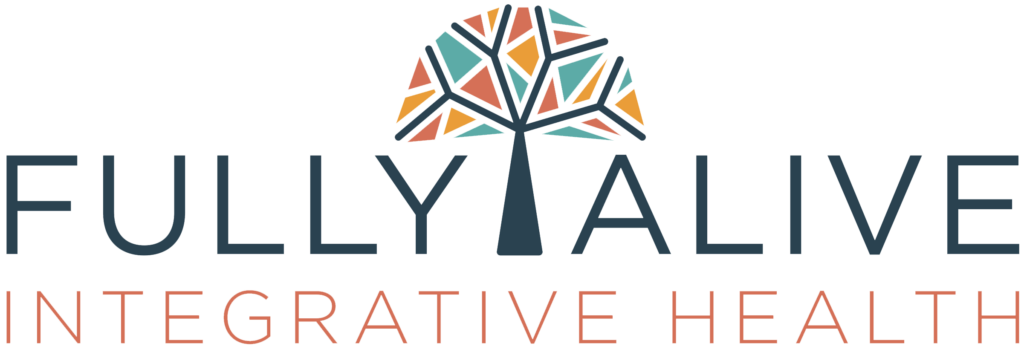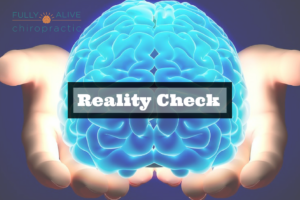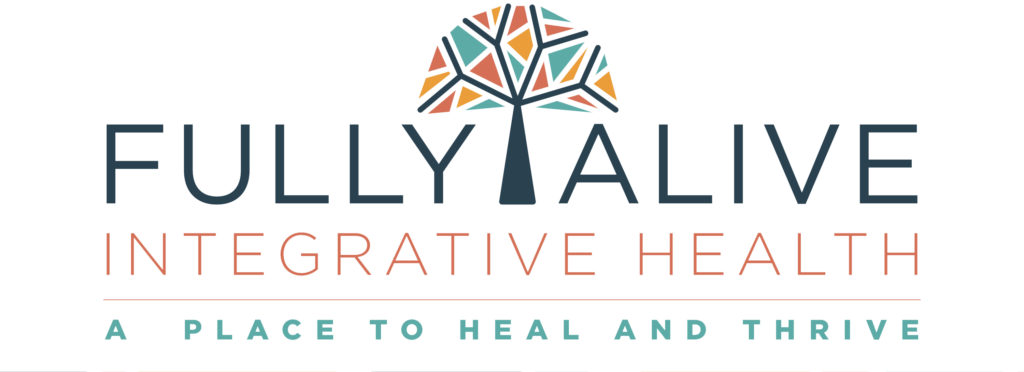Valentine’s Day isn’t the only important focus in February—it’s also National Heart Health Month! Not only do we want our hearts to love and be loved well, but we also want them to be physically strong and healthy. Unfortunately, heart health is one of the weakest areas for Americans. Check out this week’s info on heart disease, the number one killer in America for both men and women.
What is Heart Disease?1
Heart Disease, or Cardiovascular Disease, are a group of conditions that affect the heart, blood vessels, and blood. These include:
- Coronary Artery Disease
- Myocardial Infarction
- Cardiac Arrest
- Congestive Heart Failure
- Hypertension, or High Blood Pressure
- Arrhythmias
- Stroke
- Congenital Heart Disease
- Peripheral Artery Disease
- Blood Clots
- Heart Valve Problems
Heart Disease Facts2
- Heart Disease is the #1 killer in both men and women in America
- Heart Disease kills 610,000 people a year
- 84 million adults have been diagnosed with some form of heart disease
- Heart Disease and Stoke cost $312 billion
Risk Factors3
- Obesity and Overweight
- Diabetes
- Physical Inactivity
- Poor Diet
- Excessive Alcohol Use
- Smoking
How to Avoid Heart Disease
The best way to avoid heart disease is to avoid inflammation in the body. Inflammation can be caused by physical, chemical, and psychological stressors. Turn to the other side of this page to learn about these stressors and how to avoid them!
World renowned heart surgeon, Dr. Dwight Lundell, says that without inflammation in the body, cholesterol would not collect on the blood vessel walls. Increased cholesterol clogs blood vessels, which can lead to heart attack and stroke. He also states that restricting fat intake and taking statins is not the way to correct the problem, as cardiovascular disease rates continue to increase5. We will have a special issue on statins in a later edition!
Chemical Stress – The most common form of chemical stress in the U.S. is our diet. As we discussed in previous issues, in order to decrease inflammation, we must decrease our intake of highly processed carbohydrates, sugar, and omega-6 fats (hydrogenated vegetable oils)5. Salt, along with fat, has long been blamed for heart problems. People have been told to decrease their salt intake in order to lower blood pressure, for years. Recent studies are not finding an association between cutting salt and decreased blood pressure and cardiovascular death6. The Mediterranean Diet and the Paleo Diet are a couple of food regimens that do just that. There is also a lot of research showing how the Mediterranean diet is anti-inflammatory and beneficial to the heart.
Psychological Stress – In America, we don’t slow down. It is always Go, Go, Go! From our jobs, to family, social media, and our news media, we are constantly inundated with the stress of things to do and negative events taking place throughout the world. We need to take time to relax, calm down, and let our bodies heal. Scientists looked at EKG’s of people under chronic stress and noted that stress hormones caused the same damage in the heart as ischemia, or a heart attack7,8. Taking 20 minutes for prayer, meditation, deep breathing, yoga, tai chi, and progressive muscle relaxation are a few ways to break the stress response and help your body and heart heal.
Physical Stress – While exercise can be good for you, too much can be bad. Overtraining can lead to increased blood pressure, coronary artery disease, arrhythmias, oxidative stress, and sudden cardiac death9,10. The daily recommendations for exercise are 30 minutes a day for 5 days a week of moderate intensity exercise. This means your heart rate increases, you break a sweat, and your breathing quickens, but you can still take part in a conversation. For moderate exercise, this means we want your heart rate to increase to somewhere between 50 and 70 percent of your max heart rate. If you remember our calculation from last month for your maximum heart rate (220 minus your age), you just multiply this by .5 or .711. So, a 20-year-old would want to get their heart rate between 100 and 140 beats per minute.
Sources:
1.http://www.theheartfoundation.org/heart-disease-facts/heart-awareness-month/
3.http://www.medicalnewstoday.com/articles/282929.php
4.www.webdc.com/pdfs/deathbymedicine.pdf
5.http://preventdisease.com/news/12/030112_World-Renown-Heart-Surgeon-Speaks-Out-On-What-Really-Causes-Heart-Disease.shtml
6.https://www.scientificamerican.com/article/its-time-to-end-the-war-on-salt/
7.Barwell, Richard C. Neurologically Based Chiropractic…The Conversation!. Call 120
8.Barwell, Richard C. Neurologically Based Chiropractic…The Conversation!. Call 115
9.http://fitness.mercola.com/sites/fitness/archive/2012/12/28/7-hidden-signs-of-overtraining.aspx
10.https://www.ncbi.nlm.nih.gov/pmc/articles/PMC5024813/
11.https://www.cdc.gov/physicalactivity/basics/measuring/heartrate.htm






